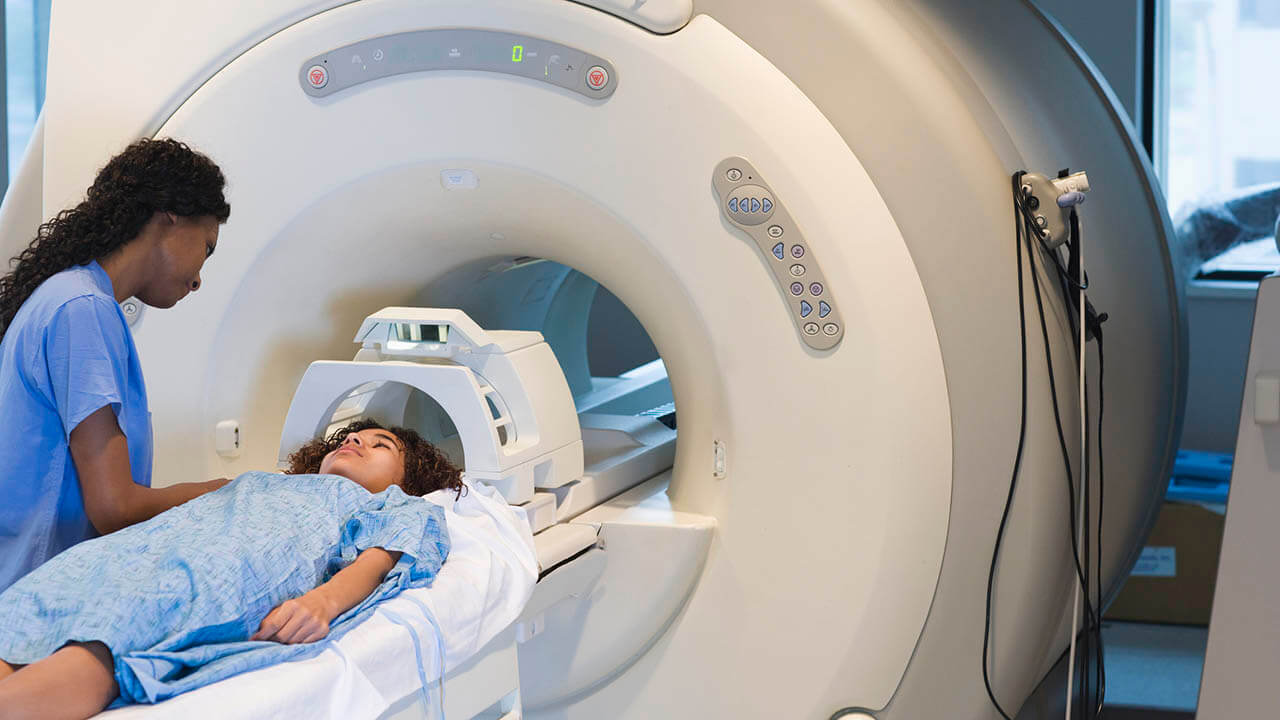Magnetic Resonance Imaging (MRI) is a powerful diagnostic tool that provides detailed images of the body’s internal structures. Unlike X-rays or CT scans, which use radiation, MRI uses magnetic fields and radio waves, making it a safer option for many patients. However, not every ache or pain requires an MRI. So, when is it a good idea to get an MRI? Let’s explore some scenarios where an MRI is highly recommended.
1. Unexplained Pain
If you’re experiencing persistent, unexplained pain that hasn’t responded to treatment, an MRI might be necessary. For instance, chronic back pain, joint pain, or headaches that don’t improve with rest, medication, or physical therapy could be signs of an underlying condition that an MRI can help diagnose.
2. Injury Assessment
After a significant injury, particularly those involving the spine, brain, or joints, an MRI is often recommended. This is especially true for injuries where bone fractures are not visible on X-rays. MRIs are excellent at detecting soft tissue injuries, such as torn ligaments, herniated discs, or brain trauma, which might not be evident through other imaging techniques.
3. Neurological Symptoms
Symptoms like numbness, tingling, weakness, or problems with balance and coordination might indicate a neurological condition. An MRI can help diagnose conditions such as multiple sclerosis, stroke, brain tumors, or spinal cord abnormalities. Early diagnosis through MRI can lead to more effective treatment and better outcomes.
4. Suspected Tumors or Cancer
If there’s a suspicion of a tumor, whether benign or malignant, an MRI is often the next step. MRIs provide detailed images that help in identifying the size, location, and nature of the tumor, aiding in the development of an effective treatment plan.
5. Monitoring an Existing Condition
For patients with chronic conditions like arthritis, heart disease, or brain disorders, regular MRIs may be necessary to monitor the progress of the disease. MRIs can show changes over time, helping doctors adjust treatment plans as needed.
6. Pre-Surgical Planning
Before certain surgeries, particularly those involving the brain, spine, or joints, an MRI might be ordered to give surgeons a detailed view of the area. This helps in planning the surgery with precision, reducing the risk of complications and improving outcomes.
7. When Other Tests Are Inconclusive
Sometimes, other diagnostic tests such as X-rays, CT scans, or ultrasounds may not provide enough information. In such cases, an MRI can be the next logical step. Its ability to create detailed images of soft tissues, organs, and other structures makes it invaluable when clarity is needed.
When Should You Contact Paragon Medical Group in Memphis, TN?
If you find yourself in any of the situations mentioned above, it might be time to consider getting an MRI. At Paragon Medical Group in Memphis, TN, we specialize in providing advanced diagnostic imaging and comprehensive care for a wide range of medical conditions. Our team of experienced professionals is here to guide you through the process, from initial consultation to imaging and follow-up care.
Don’t let unresolved pain or unexplained symptoms go untreated. Contact Paragon Medical Group today to schedule an appointment and take the first step toward a healthier, pain-free life. We’re here to help you understand your condition and find the right treatment plan for you.
Paragon Medical Group in Memphis, TN, is your trusted partner in health. Our state-of-the-art imaging technology and expert medical team are dedicated to providing the highest level of care for our patients.






